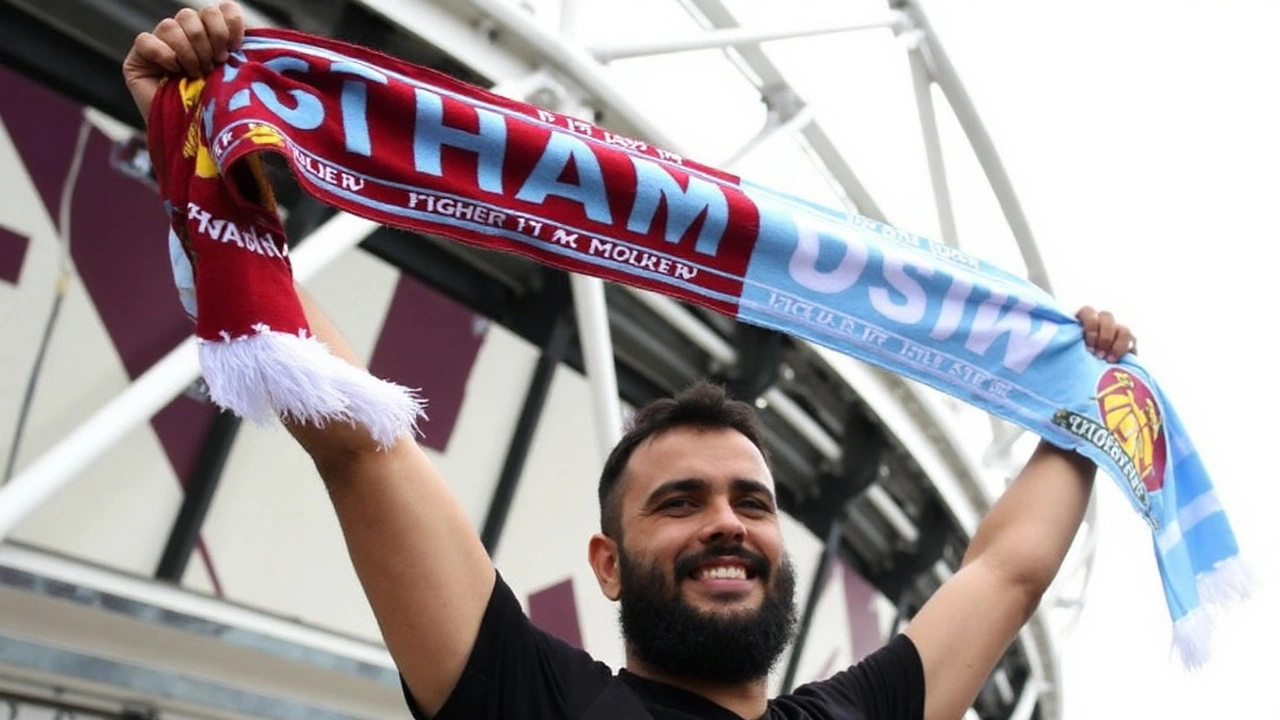PGMOL – The Body Behind English Football Refereeing
If you watch a Premier League match and wonder who decides whether a handball is a foul or a goal stands, the answer is PGMOL. Short for Professional Game Match Officials Limited, this organisation hires, trains and supports the referees you see on TV every weekend. It’s not a mysterious council – it’s a small team that works behind the scenes to keep the game fair.
What Does PGMOL Do?
First off, PGMOL selects referees for each fixture. They look at a referee’s recent performances, fitness levels and how well they handled similar games. If a referee has a good track record, they’ll get the big matches; if they’re still learning, they’ll start with lower‑league games.
Training is a huge part of the job. Every season, officials attend workshops where they practice new laws, watch video clips, and get feedback from senior coaches. This is why you sometimes see the same referees making quicker, more consistent calls – they’ve just gone through a training sprint.
When a controversial decision happens, PGMOL reviews it. They have a dedicated video analysis team that checks the footage, decides if the rule was applied correctly, and issues a report. Those reports help referees improve and also give clubs transparency about what went wrong.
Why Fans Care About PGMOL Decisions
Fans love drama, and a disputed call can swing a title race. Knowing that PGMOL exists gives a bit of reassurance that there’s a process behind those calls. It also explains why sometimes a referee gets a ‘yellow card’ for a mistake – the organization can issue performance reviews and even suspend officials for repeated errors.
Another thing that matters is the use of technology. PGMOL works closely with VAR (Video Assistant Referee) to decide when a replay is needed. They set the guidelines for which incidents trigger a review, so you’ll often see a VAR overlay after a contentious foul. Understanding that it’s a PGMOL decision, not a random TV glitch, makes the whole system feel more structured.
For a regular fan, the takeaway is simple: PGMOL is the referee’s boss. If you ever feel a decision is unfair, remember there’s a review process that could lead to changes in future matches. The organisation also publishes annual performance data, so you can see which referees are consistently solid and which still need work.
In practice, you don’t need to memorize every law of the game – just know that PGMOL exists to keep officials at their best. When you hear a commentator say ‘the referee is a PGMOL official’, you’ll understand that the person has passed a rigorous selection and training process. That knowledge can turn a frustrating moment into a reminder that there’s a whole support system trying to keep the sport fair.
So next time you’re watching a match and a call goes your way, thank the referee and the PGMOL team behind them. If it goes the other way, remember there’s a review and a chance for improvement. Either way, the game stays exciting because the officials are constantly being checked, trained, and held accountable.

Premier League response to West Ham–Tottenham controversy: what we know and what’s likely next
No official Premier League announcement has followed the contentious West Ham–Tottenham match, but the incident is under the usual review process. Expect scrutiny of VAR decisions, added time, and any potential red-card or penalty flashpoints. West Ham’s recent defensive wobble adds fuel to the debate. Here’s how the league typically handles it and what could be clarified next.
View More



